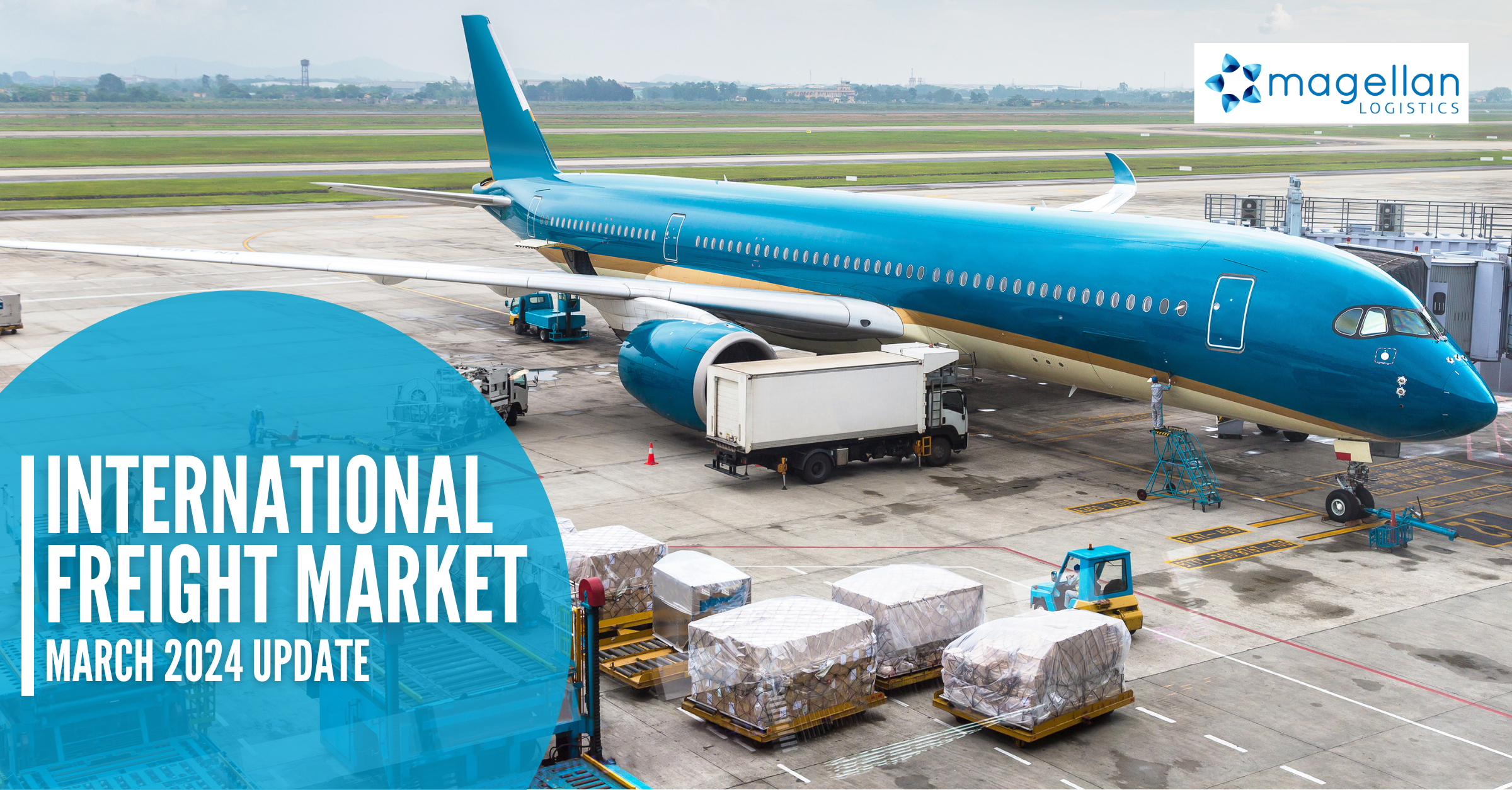Exploring emerging trends, eco-consciousness, and disruptive forces
As the world becomes increasingly interconnected, the freight forwarding industry plays a vital role in facilitating global trade and ensuring the efficient movement of goods. However, the industry is not immune to the numerous changes brought about by technological advancements, shifting consumer habits, and growing environmental awareness. In this blog post, we will delve into the emerging trends, environmental concerns, and potential disruptions that are shaping the future of freight forwarding. By understanding these factors, industry players and stakeholders can better prepare for the challenges and opportunities that lie ahead.
In the future of freight forwarding, several emerging trends, environmental concerns, and potential disruptions are expected to reshape the industry. Understanding these factors can help industry players anticipate changes and adapt their business strategies accordingly.
Emerging trends
Digitalisation and technology integration: The freight forwarding industry traditionally relies on manual processes and paper-based documentation. However, the increasing adoption of digital technologies is revolutionising how forwarders operate. The use of digital platforms, artificial intelligence (AI), and blockchain technology can streamline processes, improve efficiency, and reduce costs.
Digital platforms facilitate real-time communication, collaboration, and data sharing among stakeholders, such as shippers, carriers, and customs authorities. This enables faster decision-making and enhances visibility throughout the supply chain. Artificial intelligence can be employed to optimise route planning, predict demand, and automate routine tasks, while blockchain technology offers secure and transparent documentation management.
E-commerce growth: The rapid growth of e-commerce is driving increased demand for international freight forwarding services. As consumers increasingly shop online, businesses require efficient logistics solutions to transport goods across borders. The industry must adapt to meet the rising demand for smaller, more frequent shipments, faster delivery times, and the increased complexity associated with cross-border e-commerce transactions.
Shift towards multimodal transportation: Multimodal transportation – using multiple modes of transport within a single supply chain – is becoming increasingly popular as businesses look to optimise their logistics operations. This trend is driven by factors such as cost optimisation, risk diversification, and a desire for greater supply chain resilience. Freight forwarders must continue to develop their expertise in coordinating multimodal transportation to meet the evolving needs of their clients.
Environmental concerns
Reducing carbon emissions: As climate change becomes an increasingly pressing global issue, the international freight forwarding industry must address its environmental impact. The transportation sector significantly contributes to greenhouse gas emissions, and forwarders face mounting pressure to work with shippers looking to reduce their carbon footprint.
Forwarders can adopt greener practices by optimising routes, reducing empty miles, and investing in fuel-efficient or alternative energy vehicles. Additionally, the industry as a whole can explore innovative solutions, such as adopting new technologies or collaborating with carriers to develop more environmentally-friendly transportation methods.
Sustainable packaging and waste reduction: Sustainable packaging is another area of focus for the freight forwarding industry as businesses and consumers become more environmentally conscious. Freight forwarders must be prepared to advise and assist clients in implementing sustainable packaging solutions. This may involve using biodegradable or recyclable materials, optimising packaging designs to reduce waste, or adopting circular economy principles to minimise the environmental impact of packaging.
Potential disruptions
Autonomous vehicles and drones: The development of autonomous vehicles and drones has the potential to disrupt the freight forwarding industry significantly. These technologies could eventually replace traditional transport methods, leading to faster, more efficient, cost-effective logistics solutions. However, the widespread adoption of autonomous vehicles and drones will require overcoming various regulatory, technological, and safety challenges.
3D printing and localised manufacturing: Advancements in 3D printing technology and the rise of localised manufacturing could also significantly impact the freight forwarding industry. As more businesses adopt 3D printing and produce goods closer to their end customers, the demand for long-distance transportation may decrease. This shift could lead to a transformation in the role of freight forwarders, who may need to focus on providing more specialised and localised logistics solutions.
Geopolitical shifts and trade disruptions
Geopolitical factors and changes in trade policy can have significant implications for the international freight forwarding industry. Rising protectionism, trade wars, and shifting alliances can disrupt global trade patterns, affecting demand for future freight forwarding services. Forwarders must be agile and adaptable, responding to changes in the international trade environment by diversifying their offerings, expanding their networks, and exploring new markets.
The impact of the COVID-19 pandemic
The COVID-19 pandemic has profoundly impacted global supply chains and the international freight forwarding industry. Disruptions to manufacturing, port closures, and capacity constraints have highlighted the need for greater supply chain resilience and flexibility. The pandemic has accelerated the adoption of digital technologies and spurred innovation in the industry as forwarders seek to mitigate risks and adapt to the new normal.
Like so many others, the freight forwarding industry is undergoing significant transformation. Emerging digitalisation, e-commerce growth, and multimodal transportation are revolutionising how goods are transported and managed. At the same time, environmental concerns such as reducing carbon emissions and promoting sustainable packaging practices are pushing the industry towards more sustainable solutions. Lastly, potential disruptions like autonomous vehicles, 3D printing, and geopolitical shifts are poised to reshape the landscape of freight forwarding in the coming years.
The future of freight forwarding
By staying informed and adapting to these changes, freight forwarders can position themselves for success and continue to play a crucial role in the ever-evolving world of global trade.
Magellan Logistics provides freight and logistics services to all industries, including sea freight, air freight, customs clearance and the all-important digital freight portal providing 24/7 visibility of all your shipments. Get in touch with one of our freight specialists on 1300 651 888.












